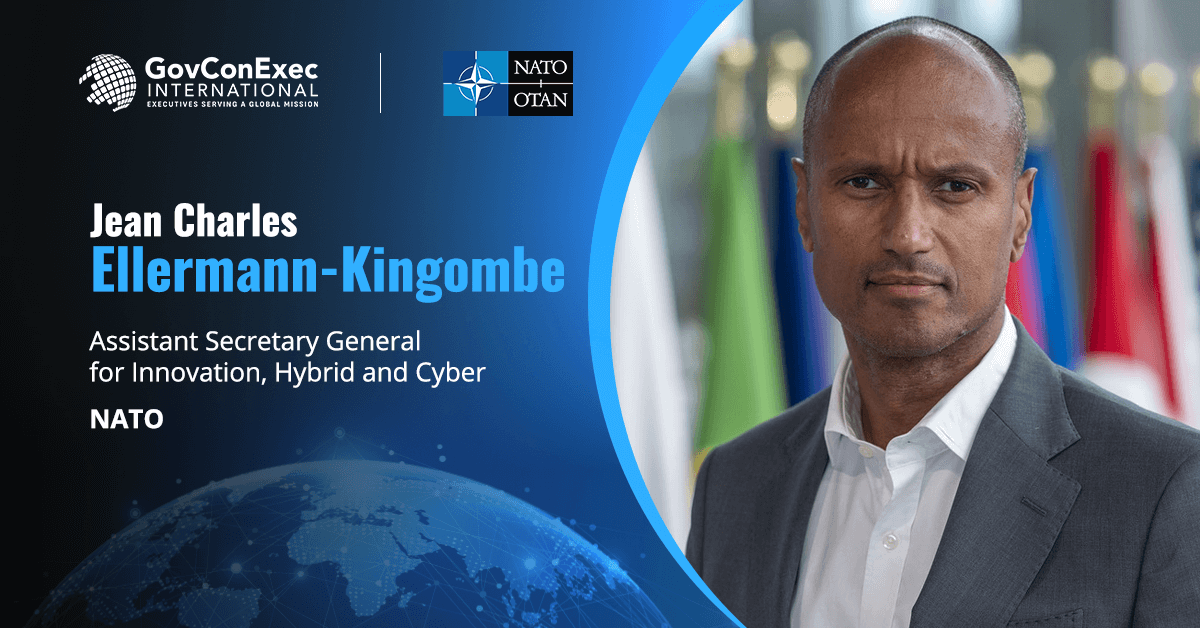NATO’s Science for Peace and Security Programme has launched a multinational research project titled “Operational Energy Efficiency.” The project aims to develop tools for monitoring energy consumption and simulating various scenarios to aid military planners in determining how best to conserve the resource.
Canada and Ukraine are the lead nations of the multi-year initiative, with participation from Belgium, Denmark, France, Lithuania, the Netherlands, Slovenia, the United Kingdom and the United States. The project is the latest under NATO’s SPS Programme, which funds and supports civil security-related activities aligned with the military alliance’s strategic objectives, including counterterrorism, cyber defense, energy and environmental security.
Jean-Charles Ellermann-Kingombe, NATO’s assistant secretary general for innovation, hybrid and cyber, said the project underscores NATO’s commitment to Kyiv and technological advancement. “This collaborative project involving nine allies and Ukraine will enhance operational energy management and improve strategic planning, increase mission endurance and operational readiness and effectiveness while reducing costs and logistical risks,” he said in a statement.
The focus on energy efficiency is part of a broader NATO initiative to use technology to improve military capabilities. Recently, the alliance approved two multinational projects to enhance airspace defense capabilities, addressing the growing threat of low-flying aerial objects and passive surveillance — needs highlighted by the ongoing conflict in Ukraine.


